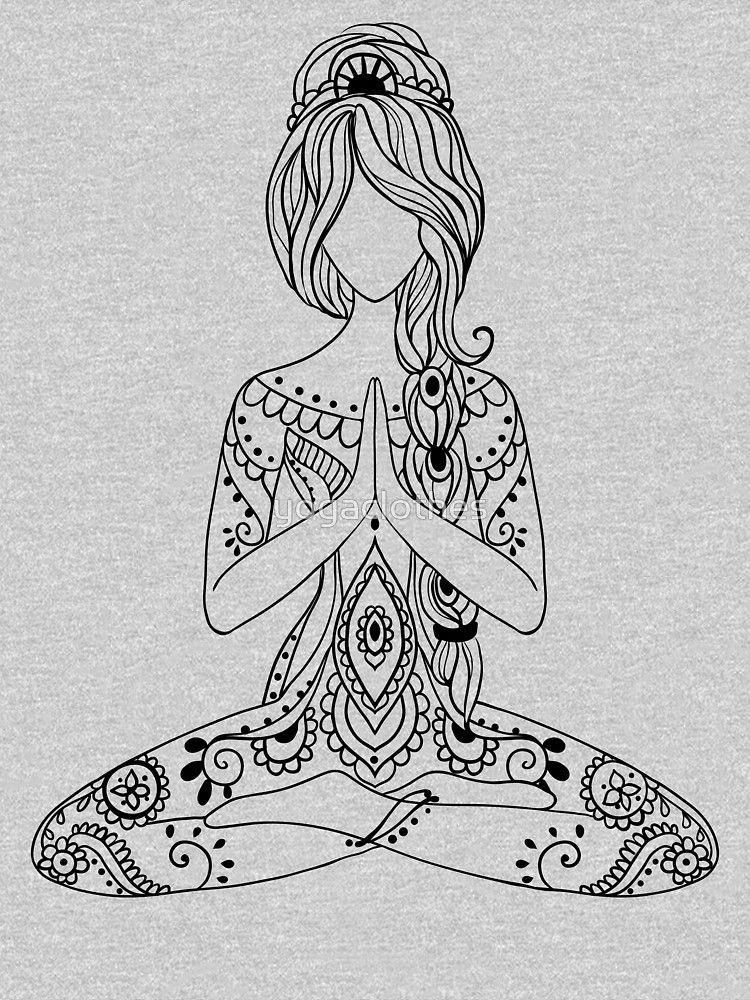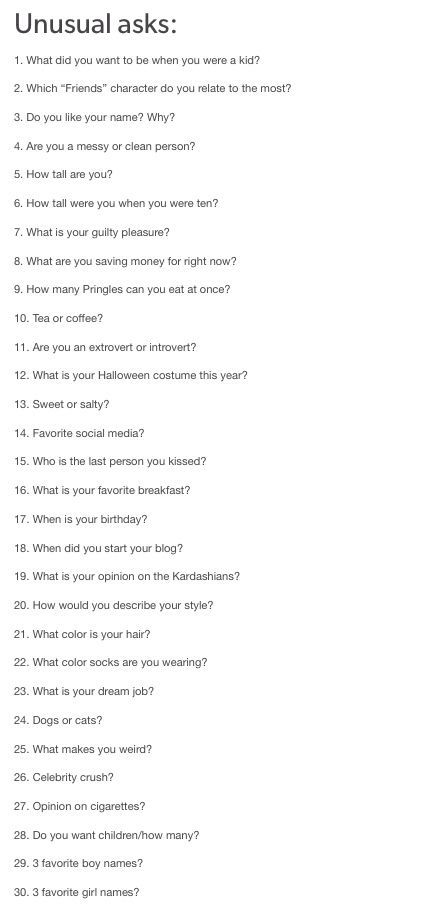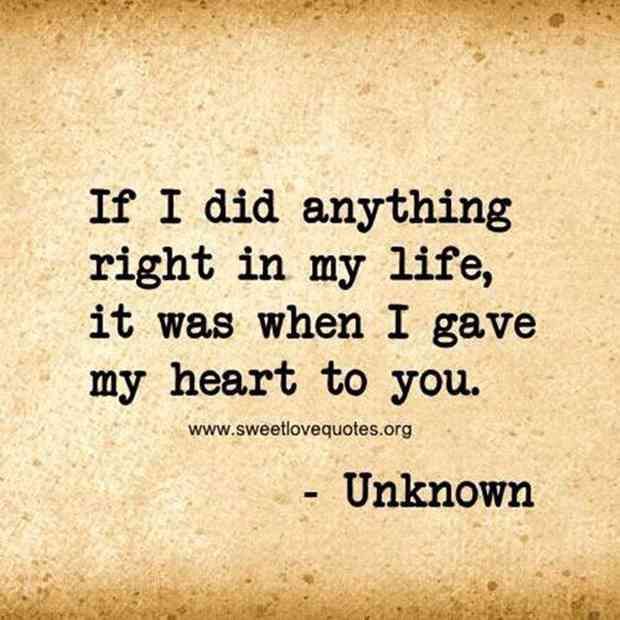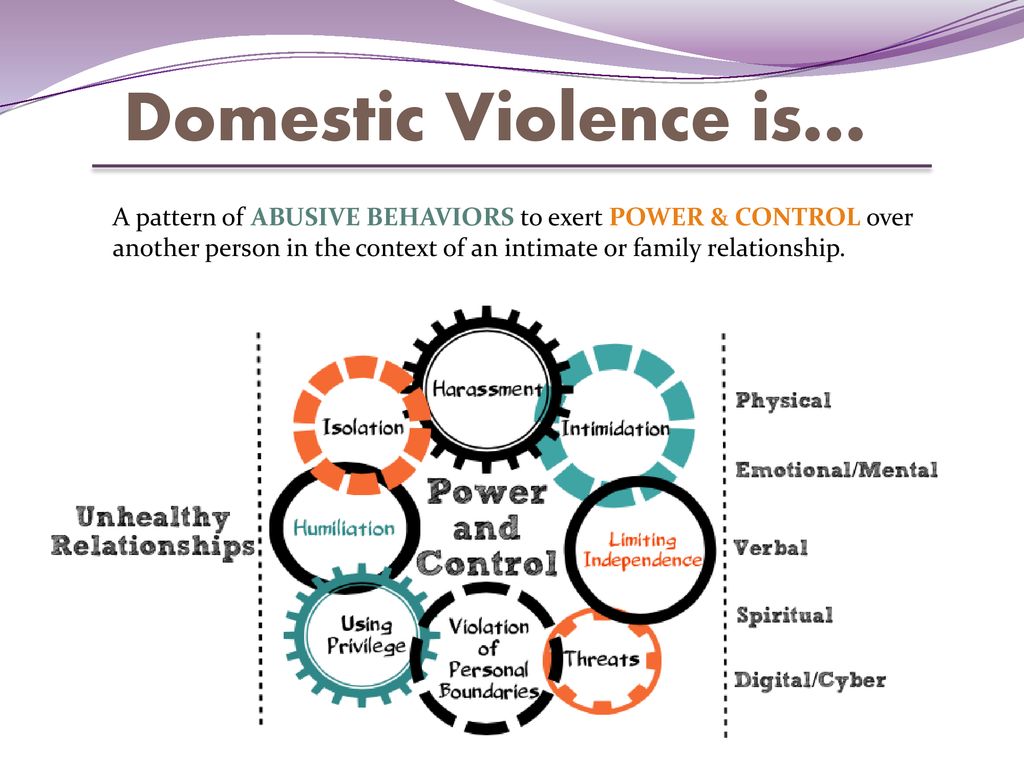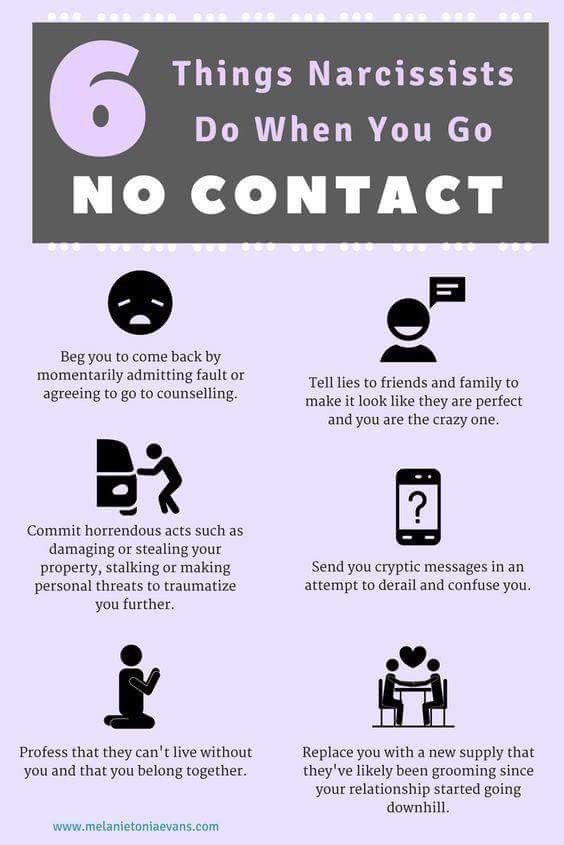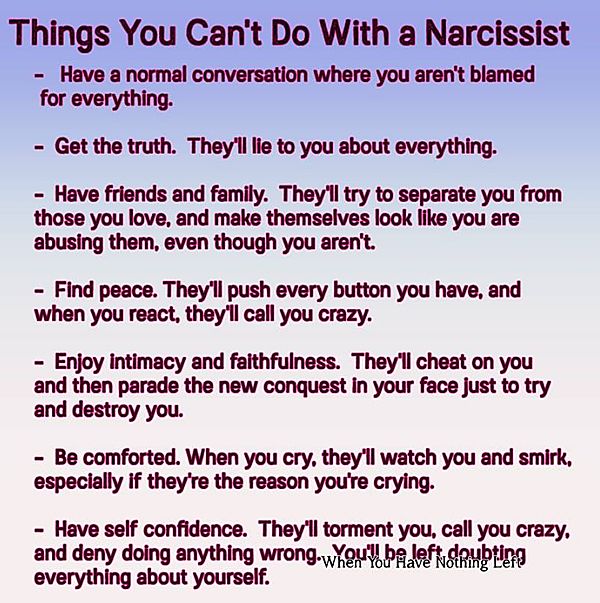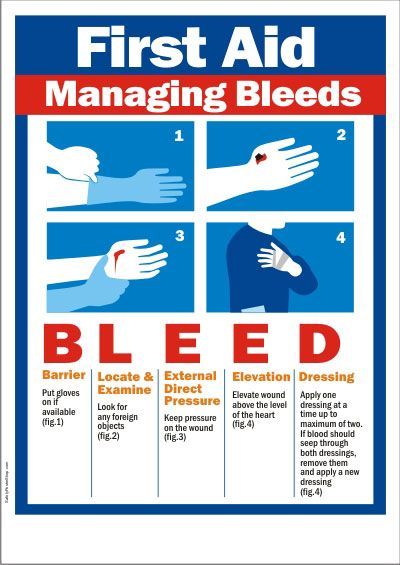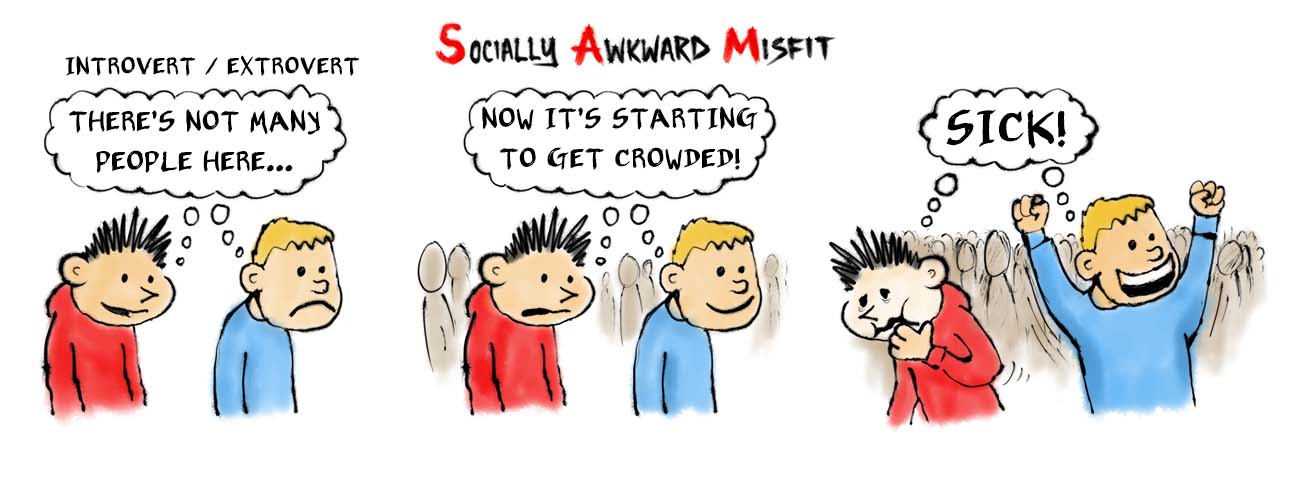Facing the truth about yourself
Facing the Truth About Yourself
“Do not conform to the pattern of this world, but be transformed by the renewing of your mind.”
See Romans 12:2
One of the most difficult things to do in life is to face the truth about yourself. For years I didn’t want to do this, but until I did, I would never be able to enjoy my life on the level that God had planned for me. Yes, I have a ministry now, I have stories to tell because I lived them, and people look to me for advice during difficult circumstances.
But I gotta tell you, there’d be no way I’d be in this position if I never faced the truth about my own unacceptable behaviors and attitudes.
I grew up in an extremely unstable atmosphere. Addiction, adultery, and divorce began ruining my life as a little child. I was in and out of foster homes and children shelters, and when one of my parents did have custody of me, we moved a lot. That hurt. The close friends I made at each school or “home,” I always had to say good-bye to. These uncontrollable situations caused tremendous fear and anxiety in my mind as a boy.
Fast forward to adulthood, and because of my unstable upbringing I had become a functioning alcoholic, people-pleaser, with a short fuse. To top it off, workaholism set in as I was overly-driven to show others that I do matter. Finally, codependency took over my life. Because of being ripped away from loved ones, friends, and family so often when I was young, I developed a terrible habit of allowing unacceptable behavior from other people just to keep them happy.
I constantly put up with being treated poorly, used even, because I was afraid of others leaving me alone, not accepting me, or hurting me.
This led to extreme frustration as I kept trying to change people—but I couldn’t. Soon enough, my codependency turned into extreme alcohol dependency.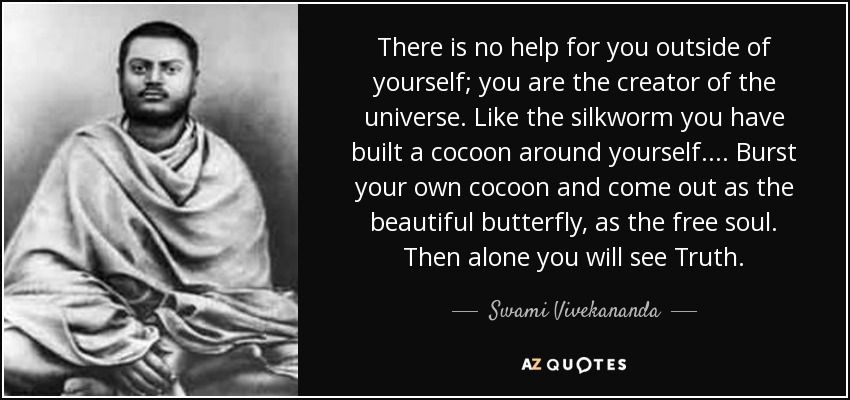 “Heck, if I can’t change people or my circumstances, I’m just gonna change how I feel.” The bottle did this splendidly. It numbed my pain. It shoved my feelings down deep into a dark hole, and then covered them up with a buzz.
“Heck, if I can’t change people or my circumstances, I’m just gonna change how I feel.” The bottle did this splendidly. It numbed my pain. It shoved my feelings down deep into a dark hole, and then covered them up with a buzz.
I HAD TO CHANGE MY CHOICES. God had more for me, yet there was no way I could change my choices, until I finally admitted that I needed to change my choices. So at last, I decided to allow Christ to begin living through me. This changed everything.
What ensued was a brand new peace, comfort, confidence, and a sound mind growing inside me, and sprouting out of me! The difficult people who used me and treated me badly, all of my uncontrollable situations, they no longer dictated my joy!
The funny thing is, hardly any of those people or circumstances changed, but instead I continued to change by letting Jesus help me make my choices each day. And little by little, I began to develop new skills (taught to me by the Holy Spirit) which I needed to make my life into something beautiful; something actually enjoyable—something that God had planned for me all along!
And this all began with me admitting that I didn’t know how to handle a thing, on my own.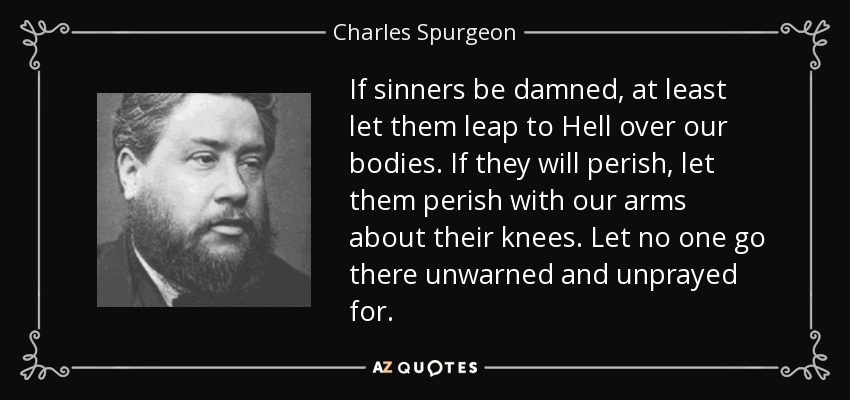 I needed to change my entire mindset through God’s Spirit guiding me each day. That was the truth I had to face about myself.
I needed to change my entire mindset through God’s Spirit guiding me each day. That was the truth I had to face about myself.
So today, my friends, know this: If you will face the truth about yourself God will completely change your life! What is it exactly that God wants to change? Is it an addiction? Is it you trying to constantly fix someone else who doesn’t even want to be fixed? Is it a self-righteous, hyper-critical, graceless mindset? Is it you always giving in to your flesh’s cravings? Whatever it is, just give it to God today, and His Spirit will hand you back something so much better.
A prayer for you: Good morning Lord, thank you for another day! What an honor it is to be able to have life! Thank you! Right now, I lift up all who are reading this who want to change. For those who need the strength to face the truth about themselves so that you can fully change their lives through your Spirit, help them.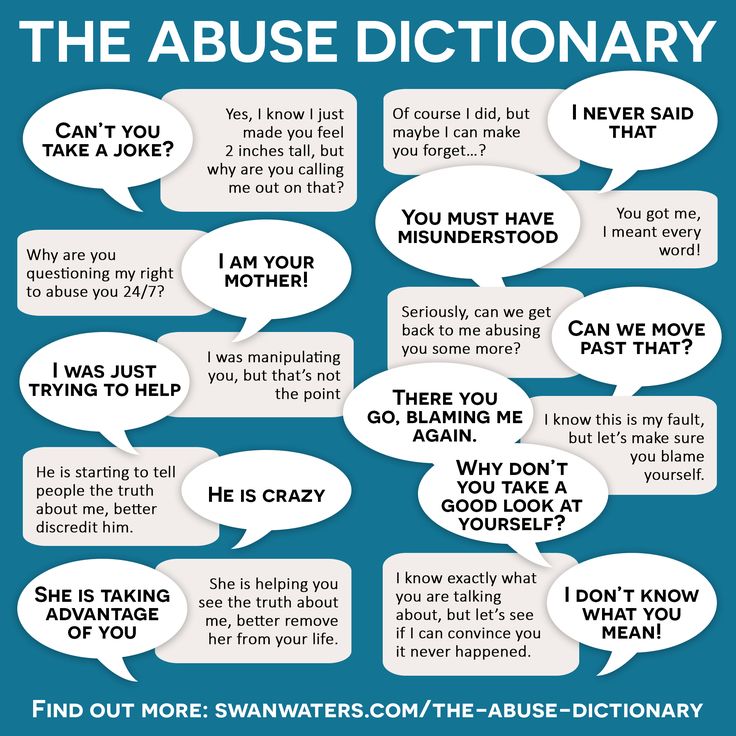 You see that they want it, now give it to them as they do this while resting in your grace! With Christ, we can do all things, INCLUDING admitting what needs to be changed in our lives. In your name Jesus, I pray. Amen.
You see that they want it, now give it to them as they do this while resting in your grace! With Christ, we can do all things, INCLUDING admitting what needs to be changed in our lives. In your name Jesus, I pray. Amen.
This devotional is from 60 Days for Jesus, Volume 1. Get your copy here!
Other Topics
4 Tips to Tell the Truth About Yourself and to Yourself
“Our lives improve only when we take chances and the first and most difficult risk we can take is to be honest with ourselves.” ~Walter Anderson
There’s almost nothing I hate more than honesty.
I’ll give you a moment to let that sink in. You may be doing a double-take, thinking “did she mean there’s nothing she hates more than lying?”
I wish.
Most people probably think I’m an honest person, and in general, I suppose that’s true. I am honest with many people. However, I’m rarely honest with the person who matters most—myself.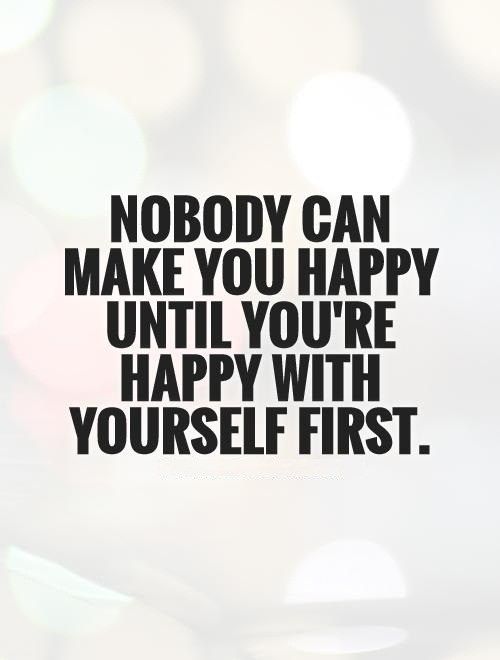
As someone whose drug of choice is food, I’m familiar with all matters of sneaky and lying behavior. The best I can pin-point, this probably started for me around the age of six. In other words, I’ve had a long time to practice.
And I have to admit, I got pretty damn good.
I could wolf down an entire meal from McDonald’s on my way home from work, dispose of the trash on my way, and then sit down and eat another dinner when I got home.
I wasn’t as good at hiding candy wrappers when I was a kid—stashing them behind the couch where, surprisingly, my mom did occasionally clean. But I perfected the art over time, learning how to wrap one inside another inside another and then squish them down to make them look like one—instead of fifteen.
Come to think of it, I’m pretty sure I’ve even started a new art form called Trash Arranging. (I should probably trademark that.)
Here’s the thing: I like hiding. I don’t like spilling the beans about myself to a new friend (aka someone I’ve known for five years). I’m squeamish about social events, and if I can avoid the details of where I’ve been or what I’ve been doing, I will.
I’m squeamish about social events, and if I can avoid the details of where I’ve been or what I’ve been doing, I will.
I realize what you’ve read until now makes it sound like I’ll soon have my own reality show akin to Hoarders, but I promise that’s not the case. What I’ve discovered about my own issues is that we all have them.
Mine’s food, but yours might be something else—shutting down at the holidays, drinking too much coffee, or working just a little (an extra 35 hours per week) too much.
Over the past few years, I’ve started to lift the rock up off my life. With the help of therapy, life coaching, more journaling than anyone probably thought was possible, and an extremely patient partner, I’m taking some steps into the sun of my own experience.
Telling the TruthI’ve learned a few things about honesty along my path. And as much as I’d prefer to keep them to myself, I’m pretty sure that’s not how it works. So here we go:
Honesty can be hard.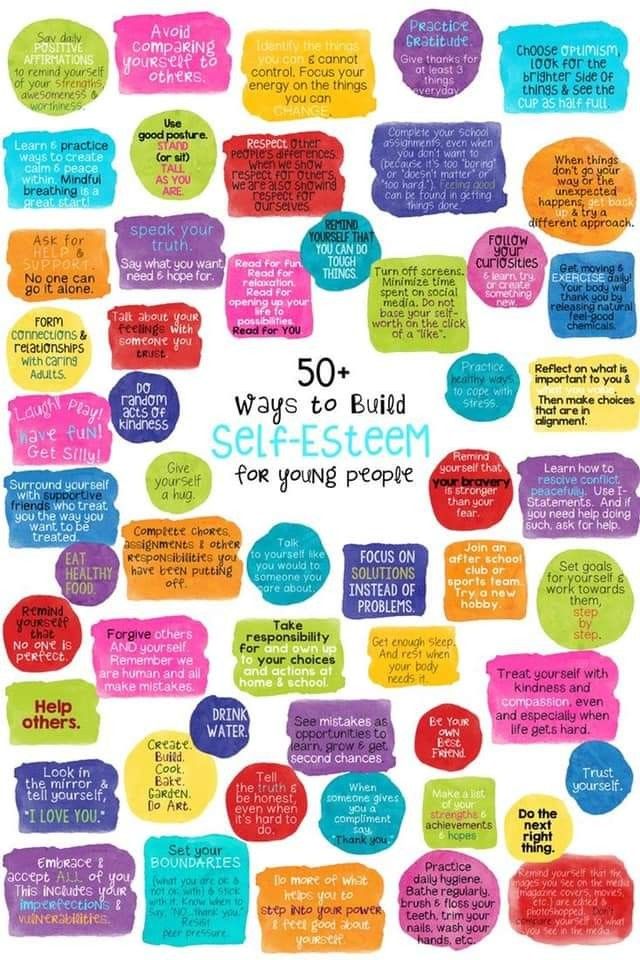
This is the first thing to know because it’s super-duper true. If you’re not used to being honest with yourself, you can’t imagine the suckitude you’ll experience when you start. The good news is that you’ll probably only be able to dish it out in small doses, so you can get used to it over time.
You have to do the work.If, like me, you are convinced that if you have a problem with honesty, it’s only a teeny-tiny one, hang on for a fun ride. Most of us are deceiving ourselves in any number of ways every day. Not all are dramatic as mine, but all require a commitment to the process.
The results are unbelievable.Remember the depth of suckitude I mentioned? Well, that’s only rivaled by the heights of awesomeness you feel when you lift the oppressive burden of your lies. Sometimes you only glimpse it for a moment, but that feeling isn’t something you’ll forget.
For me, it’s not dissimilar to the high I feel after eating a really great cookie (or 20).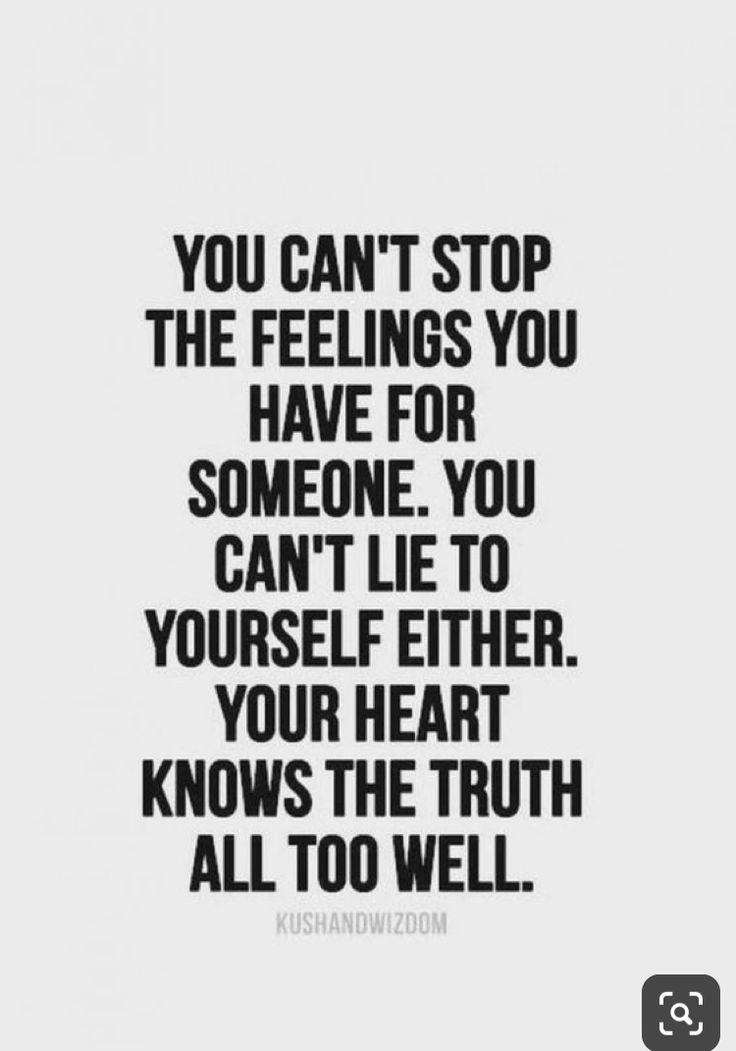 But the difference is that the high of the truth isn’t laden with shame and guilt, which—I don’t know about you—are typically things I prefer to avoid.
But the difference is that the high of the truth isn’t laden with shame and guilt, which—I don’t know about you—are typically things I prefer to avoid.
I’ve been on 65 diets in my life. Yep, that number’s correct. But you know what? I swear I still thought I just hadn’t found the right one. That is, until I got really honest with myself and realized that the work I needed to do was internal, not external.
Making it HappenNow, this honesty thing isn’t only theoretical to me. It’s also for-real concrete, which is really what it has to be if you’re hoping for some change in your life. So not to worry: I won’t leave you hanging without some thoughts on how to peel the layers to your own truthy core.
You got a pencil? (Or mouse to copy and paste?) Okay, here we goooo…
1. Find something to write on or with.You’re going to need to do some serious excavating, and there’s no place better to start than with your own thoughts. Ask yourself some questions: “Why am I doing X behavior?” “What don’t I want my best friend to know about me?” “What’s my next step?”
Ask yourself some questions: “Why am I doing X behavior?” “What don’t I want my best friend to know about me?” “What’s my next step?”
As you start to write on questions like this, some interesting things may come to light, which brings us to our next step.
2. Seek help.No, you don’t need a therapist, life coach, or whoever because you’re messed up. You need outside assistance because you want to undertake a process to set yourself free. And that’s really best done with an objective ear and skills.
I mean, I know your Uncle Frank is a great listener, but seriously—his training may not be quite what you’re looking for.
3. Keep coming back.Telling the truth about yourself (especially to yourself) isn’t a linear process. It requires coming back and coming back and coming back—even, and especially, after you eat a whole box of doughnuts (if you’re like me).
4. See yourself in the future.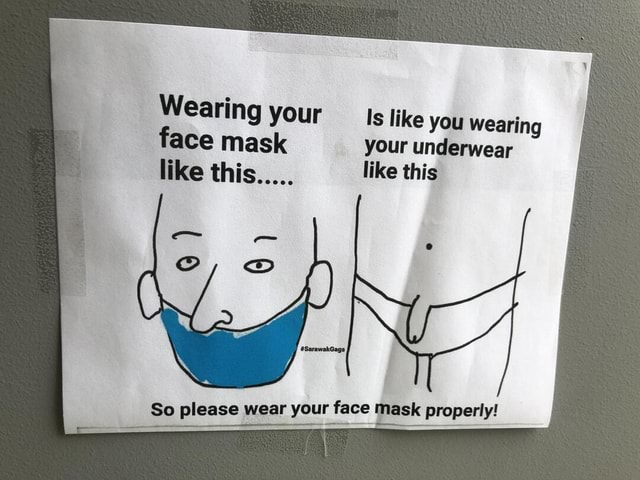
As I mentioned, once you get a taste of the freedom of honesty, it’s hard not to want more of that. So set your sights on a time when you’re living fully into your life, and then go from there—making that reality present a little more every day.
After all, if setting ourselves free in this lifetime isn’t our primary work, what is?
Photo by Esparta
About Anna Guest-Jelley
Anna Guest-Jelley is the Founder of Curvy Yoga, where she writes about yoga as the foundation of a life well-lived. She is also the co-teacher of 30 Days of Curvy Yoga and author of Rockin’ Your Curves: Pose Options for Curvy Yoga Practitioners and their Teachers. Connect with her on Facebook and Twitter.
See a typo or inaccuracy? Please contact us so we can fix it!
Lies that lead to the truth
Everyone lies. And those who lie the most are those who say that they never lie, they are never late, they never took anything from someone else.
It is difficult to find a person who has not enjoyed the benefits of deceit, but we sincerely wish to see sincere and decent people next to us. Choosing our friends and lovers, employees and partners, we certainly expect honesty from them, seeing in it the most important virtue for relationships. We want our children to never lie to us, but, alas, while raising children, we often teach them the lessons of a real, absolute, ideal lie. In matters of truth and lies, parents are often very contradictory: they want their children not to lie to them, but they allow lies where lies are required, as part of adaptation to sociocultural norms, introducing a harsh contradiction into the heads and souls of children, where the choice made by the child, almost always leads to disappointment. nine0005
Two cases from real life, familiar to many, where it would seem that lies come up episodically.
Sunday morning, family at home. Call to home phone. Father of the family: "If me, I'm not at home.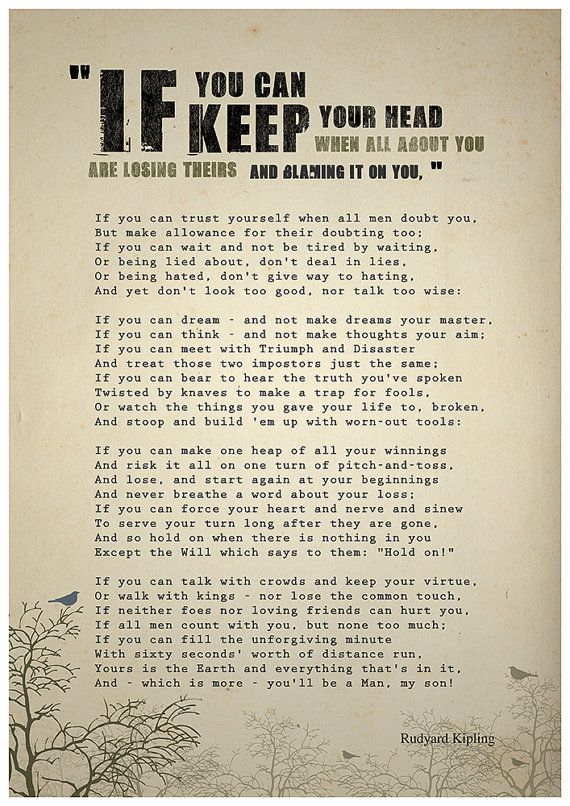 " The children were worried: what will happen next? The wife picks up the phone in the presence of the children: "No, he's not at home! I don't know when he will be." Think nothing happened? Do you think no one noticed? The children have learned their lesson: parents lie, but not to anyone, but to the head of the pope! Lying is normal, and even good. Parents are lying! nine0005
" The children were worried: what will happen next? The wife picks up the phone in the presence of the children: "No, he's not at home! I don't know when he will be." Think nothing happened? Do you think no one noticed? The children have learned their lesson: parents lie, but not to anyone, but to the head of the pope! Lying is normal, and even good. Parents are lying! nine0005
Entrance to the zoo. The inscription: "Children under 6 years old - admission is free." The family buys two adult tickets and one for their 12 year old daughter. The son, who is already seven, is told to keep quiet. He honestly wants everyone to scream: "I'm big! I'm already seven years old!" But his parents scold him for the truth, they do not want to pay for his growing up. Growing up is expensive. One ticket - but what a perfect example of theft! And the boy, with resentment and pain in his soul, agrees to be small, because adults are unaware that right now the very upbringing that everyone is so much concerned about is happening. nine0005
nine0005
Many years later, when their child lies to them or takes money set aside for TV without asking, no one will remember how it all started.
Yes, we often have to lie in front of a child. After all, if you meet a classmate on the street who is terribly fat and looks bad, you are unlikely to dare to be honest and tell her about it. Most likely, you will tell her something that is not true, and the child, having witnessed such an action, will feel that this is a lie. It seems to us, they say, that the world is arranged in such a way that there is an acceptable share of lies, which does not have malicious intent behind it, but rather looks like tact and tolerance, even as part of culture. She even invented poetic names - "holy lie", "lie for good". nine0005
Can it be a blessing that by hiding the truth from a person, we deprive him of the right to choose? For example, by not telling a person the truth about his illness, we can deprive him of the opportunity to take care of the children, about who will take care of them if something happens to him, and who will get the apartment. Yes, it is scary and bitter to realize the need for such a truth, but it is difficult not to recognize the fact that a lie in this case complicates life for the living. However, it is convenient for us to recognize the shading of the truth, to add color to it in order to save ourselves from difficulties and losses behind a lie. I am not calling for the fact that we should tell everyone in a row about who they really are, how they look, and where they should direct their energy, but it is important to find the right words and the arguments necessary in this case in order to the child learned to distinguish tact from lies, politeness from deceit. nine0005
Yes, it is scary and bitter to realize the need for such a truth, but it is difficult not to recognize the fact that a lie in this case complicates life for the living. However, it is convenient for us to recognize the shading of the truth, to add color to it in order to save ourselves from difficulties and losses behind a lie. I am not calling for the fact that we should tell everyone in a row about who they really are, how they look, and where they should direct their energy, but it is important to find the right words and the arguments necessary in this case in order to the child learned to distinguish tact from lies, politeness from deceit. nine0005
And here you are for the first time faced with the fact that your child is lying, cheating or stealing. It is worth recognizing that it is not the fact of lying itself that frightens parents, but the realization of the lack of trust in relationships, the realization that the child has already mastered the science of being insincere with loved ones.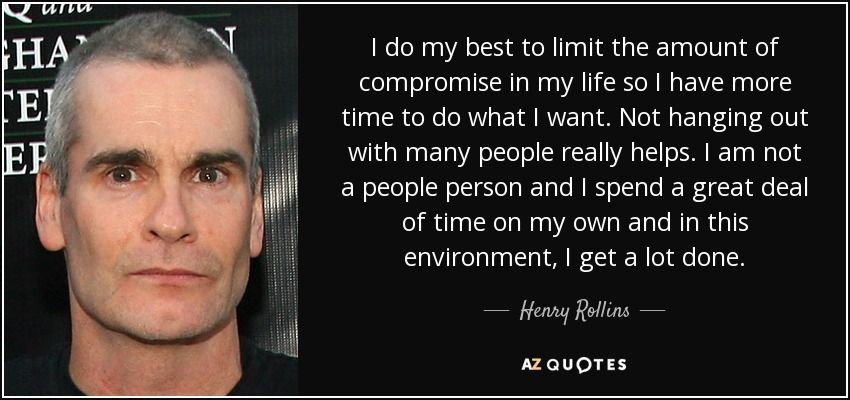 Feeling that he deliberately disregards trust and is able to take without permission what does not belong to him. In addition, the insincerity of the child creates in adults a sense of loss of control, unpredictability, and even fear for his life and fate. After all, only when there is trust in the family, you can plan for the future, look for ways to solve the problems that have arisen. A lie is not something that is on the surface, not facts and events in a distorted form, a lie is the absence of a joint future, plans, because it is impossible to go in one direction if the goals do not coincide due to a false perception of reality. nine0005
Feeling that he deliberately disregards trust and is able to take without permission what does not belong to him. In addition, the insincerity of the child creates in adults a sense of loss of control, unpredictability, and even fear for his life and fate. After all, only when there is trust in the family, you can plan for the future, look for ways to solve the problems that have arisen. A lie is not something that is on the surface, not facts and events in a distorted form, a lie is the absence of a joint future, plans, because it is impossible to go in one direction if the goals do not coincide due to a false perception of reality. nine0005
Parents may not be afraid that the child is lying, if the resolution of the problem of lies leads to the formation of personality, the formation of new relationships with loved ones. Passing through the disease, you can acquire immunity. So it is with lies. Conclusion - a lie teaches to tell the truth. Having made just such a conclusion, in the future, more complex metamorphoses of lies can be avoided.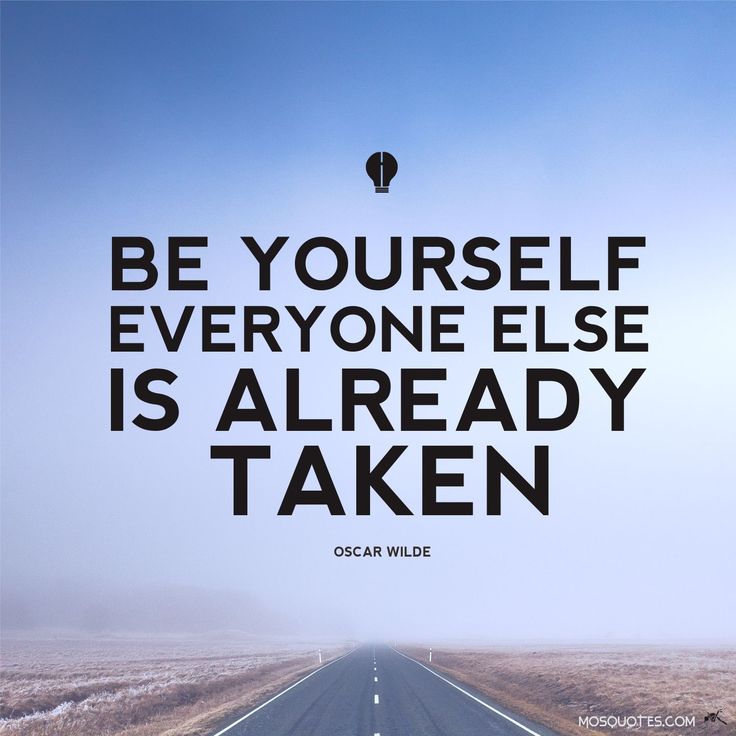 But, alas, the parent begins to struggle with the very fact of deception, looking for ways to punish, warn in the future, and not understand and restore trust.
But, alas, the parent begins to struggle with the very fact of deception, looking for ways to punish, warn in the future, and not understand and restore trust.
Lack of trust and indifference to the needs of the child is a real step towards awakening in him the desire to lie, steal and enjoy the fruits of his deceit.
Here is a story about dumplings, told to me in a burst of sincerity by a pathological liar who made the ability to deceive practically his profession. The boy, let's call him Senya, was eight years old at the time. The time was Soviet, not too full, which does not justify, but at least somehow explains the whole story with dumplings.
Coming home from school, the child found that there was no one at home, but there were amazing traces of the mother's culinary activities: flour was scattered on the table, and there were pits from cherries in a cup. The boy Senya was not stupid in order to put two and two together and understand that dumplings were being prepared at home.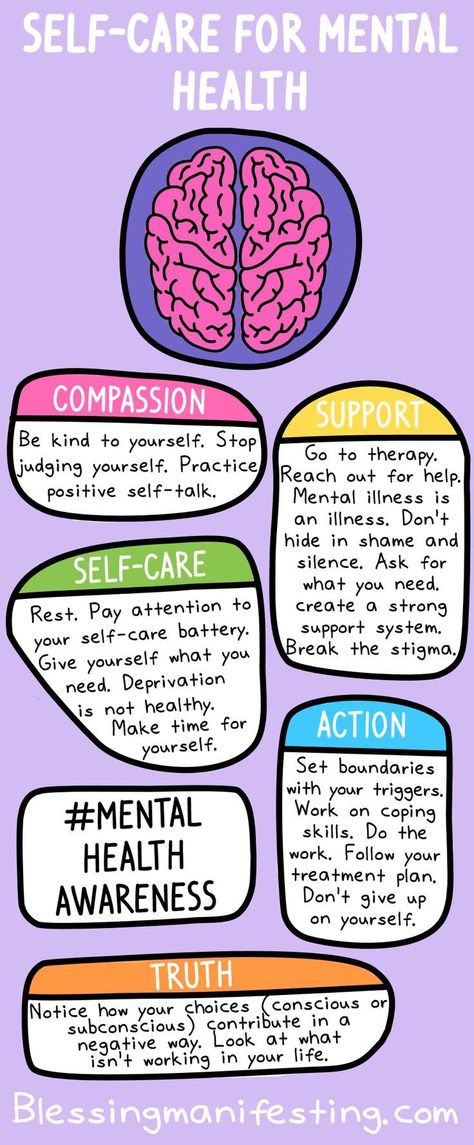 The natural desire of the growing organism was to immediately taste the delicacy, but did not find dumplings. The resourceful boy searched the refrigerator, the pantry, all the shelves and cabinets - there were no dumplings anywhere, however, like mothers. But the spirit of the seeker was inherent in the boy Sena, so he firmly decided to find dumplings at all costs. And found. In the washing machine. Listening to this story, I always wondered: how did my mother come up with the idea to hide dumplings from the child in such an unusual place? What motivated her when she decided that a hungry child is an absolute danger to delicious food? Why was she so distrustful of an eight-year-old boy? nine0005
The natural desire of the growing organism was to immediately taste the delicacy, but did not find dumplings. The resourceful boy searched the refrigerator, the pantry, all the shelves and cabinets - there were no dumplings anywhere, however, like mothers. But the spirit of the seeker was inherent in the boy Sena, so he firmly decided to find dumplings at all costs. And found. In the washing machine. Listening to this story, I always wondered: how did my mother come up with the idea to hide dumplings from the child in such an unusual place? What motivated her when she decided that a hungry child is an absolute danger to delicious food? Why was she so distrustful of an eight-year-old boy? nine0005
Finding dumplings, Senya, of course, ate them, everything - a full pot. I ate out of anger at my mother, out of resentment for distrust, ate it as a winner who found a treasure and spent all his energy searching for it. And in Senya's little head at that moment, perhaps, a scheme was born: they do not trust me, which means I can deceive, but how is it to deceive? Senya's mother, who went to the store for sour cream, of course, punished Senya. And Senya grew up and still lies to his wives, children, business partners, and perceives any exposure as a fun, exciting game and as a reason to change the environment, and not change himself. nine0005
And Senya grew up and still lies to his wives, children, business partners, and perceives any exposure as a fun, exciting game and as a reason to change the environment, and not change himself. nine0005
Why do people lie?
In early childhood, little children cannot understand deceit. It seems to young children that everything they see is available to everyone, which means that an adult, like a god, sees all his actions and actions. As a rule, adults easily confirm this childish truth, revealing knowledge about what the child did and what he wants based on adult experience and the ability to collect and systematize information. If a child lies at a younger age, then most likely because he either did not understand the essence of the question and answered “yes”, or because it is quite difficult for a small person to answer “no” to an adult. To the question "do you want a brother?" - the answer "yes" can mean either a desire to please an adult or a misunderstanding of what it means to have a brother. nine0005
nine0005
Then the child gets the experience that, it turns out, an adult does not know everything, and the fact that I ate an extra candy may not become known to my parents. And with this experience, the child can do whatever he likes, if he finds confirmation of the logic and necessity of his lies in the actions of adults. After all, if deception itself touches adults - “Look how smart you managed to circle me around your finger!”, If adults themselves lie or provoke a child to lie, then in their society this is considered a virtue. And in the future, whether or not the child will lie depends more on how the parent's reaction to a lie differs from the parent's reaction to the truth. If lying is beneficial, liberates from punishment, gives an advantage in the struggle to win the game, and the truth brings suffering and shame, then what do you think the child will choose? nine0005
At tender preschool and early school age, children learn a few more rules of lying from their parents: if you don't feel like doing something, you can get away from it by using a lie.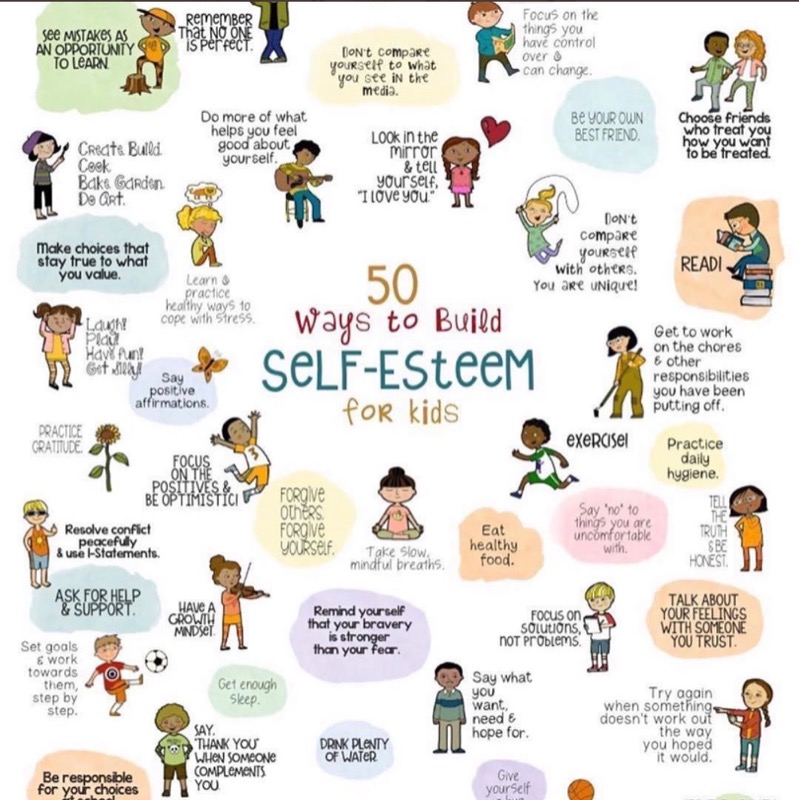 The parental example is simple: when asked to buy something, the baby is answered that there is no money, and he understands that there is money. When asked to go for a walk, the parent says that there is no time, but he himself plays "tanchiki". Is it any wonder that a child may not want to go to school because his stomach hurts?
The parental example is simple: when asked to buy something, the baby is answered that there is no money, and he understands that there is money. When asked to go for a walk, the parent says that there is no time, but he himself plays "tanchiki". Is it any wonder that a child may not want to go to school because his stomach hurts?
By the way, scientists have found out: in preschool age, children with high intelligence lie more, in primary school - with a special focus of intelligence on communication and the importance of their own personality in the team. But in adolescents, the presence of a constant desire to lie, rather indicates an insufficient level of intelligence, despite the fact that they lie more skillfully. The lie of a teenager indicates that he either does not value the trust of adults, or the opinion of adults about him is so important to him that he is ready to lie in order to maintain his reputation. For a teenager, it becomes important not only the opinion of parents and significant adults, but also the group of peers to which they would like to join - the conformal group.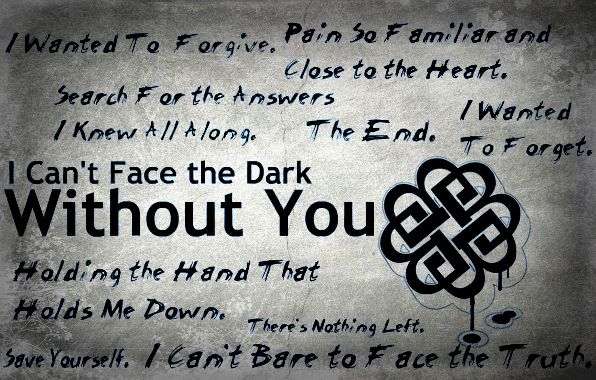 And if certain rules of behavior are accepted in such a group, the teenager will try to comply with these rules, even if this leads him to lie. But just at this age, a mechanism for overcoming difficulties may not be formed, and therefore a teenager is looking for simpler ways to protect himself from unpleasant consequences, and they are all, as a rule, associated with deceit - skipping classes at school or college, stealing money, failing to fulfill certain duties . Gradually, lying becomes a habit and ceases to be controlled consciously. nine0005
And if certain rules of behavior are accepted in such a group, the teenager will try to comply with these rules, even if this leads him to lie. But just at this age, a mechanism for overcoming difficulties may not be formed, and therefore a teenager is looking for simpler ways to protect himself from unpleasant consequences, and they are all, as a rule, associated with deceit - skipping classes at school or college, stealing money, failing to fulfill certain duties . Gradually, lying becomes a habit and ceases to be controlled consciously. nine0005
Often, unwittingly, parents are also involved in a lie. I know of cases where parents themselves forged or bought certificates to justify the absence of a child in an educational institution, covered theft, car accidents and fisticuffs of their grown-up, but not yet matured children. In this case, the parents became not only accomplices, but also hostages of their own children, who also managed to blackmail them later. The danger of such a situation cannot be overestimated.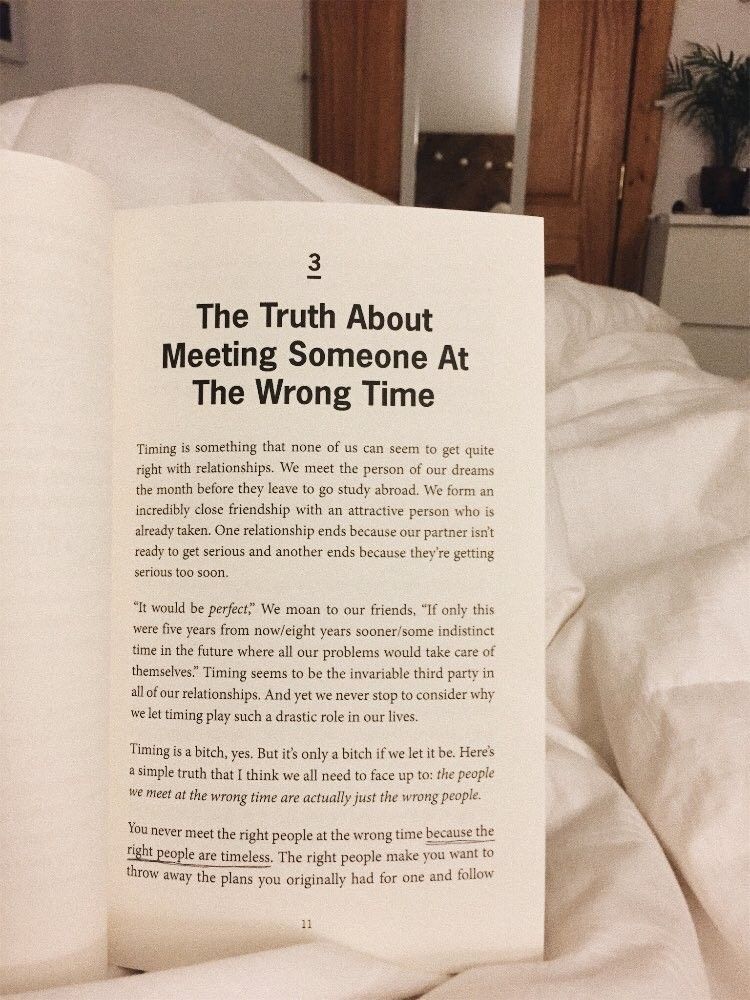 Ask yourself: how often have you been deceived because of the children in order to save face and reputation? Once you enter into an agreement with the child and jointly carry out the deception, you will feel that you are practically going in the wrong direction. Why then be surprised that the child took money from the parent's wallet, if you have been accomplices for a long time. nine0005
Ask yourself: how often have you been deceived because of the children in order to save face and reputation? Once you enter into an agreement with the child and jointly carry out the deception, you will feel that you are practically going in the wrong direction. Why then be surprised that the child took money from the parent's wallet, if you have been accomplices for a long time. nine0005
What to do if you are already being lied to?
Rule 1. If you find out that a child or an adult is lying, you should not try to "bring him out of dirty water" with tricks and tricks, provoking him to deceive. If you already know the truth, say so. You should not arrange an interrogation: "Where have you been?", giving a person the opportunity to invent new circumstances and events, forcing him to subtly lie, gaining the skill of lying. After all, at the same time, you are lying that you allegedly do not know anything, which means that you will not be forgiven for this deceit.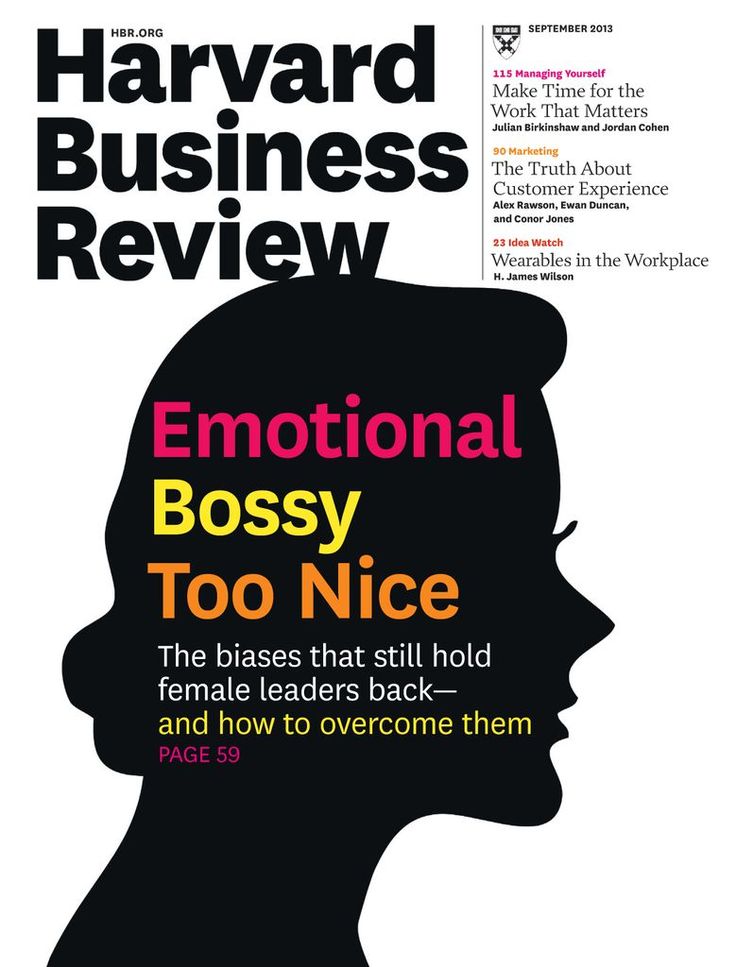 Do not wait for lies, now is not the time for spiritual exercises. It's important to regain trust. nine0054
Do not wait for lies, now is not the time for spiritual exercises. It's important to regain trust. nine0054
There was a case in my practice when a girl who skipped school for three days came home all these three days with a detailed description of school events, lessons and interactions with teachers. And when the mother was informed that the child was not at school, the mother, instead of a sincere conversation, began to clarify new details. Both lied so much that the child was at a loss when he found out that his mother was aware of absenteeism, but persistently continued to lie that her daughter was at school. And in this case, teachers had to be invited to the "face-to-face confrontation". Alas, this did not return trust in the family. nine0054
Rule 2. It is important to talk calmly about what happened. Do not be afraid if the child refuses to talk about it. No need to rush and wait for an instant response. It is important to let your child know that you love him and are willing to wait until he can tell the truth.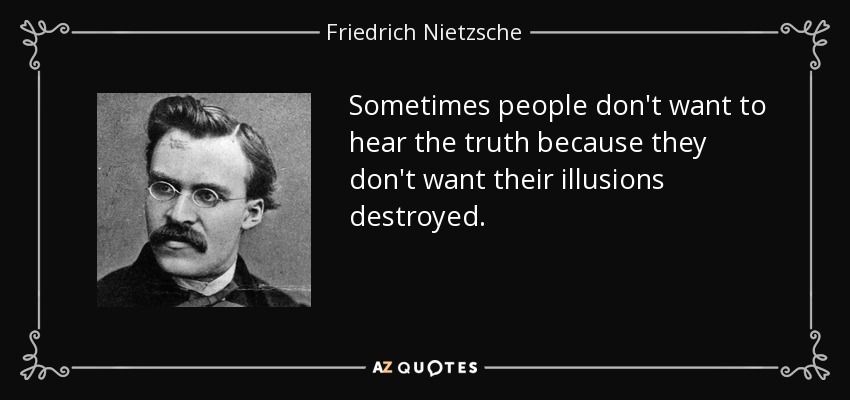 Ask him to help you, tell about the feelings that you experience from his deceit or theft.
Ask him to help you, tell about the feelings that you experience from his deceit or theft.
Rule 3. Do not hide family problems from the child, because trust is born where the child is aware of family difficulties, knows what the financial condition of the family is, what plans for the future, and what expenses these plans may incur. Let him participate in the formation of the budget, be aware of the necessary expenses, then he will be able to compare the need for his own purchases. nine0054
Regulation 4 . If the child urgently needs to talk to you, put aside everything and talk. It is possible that right now he is set to tell you something very important, and if you miss it, you will never be able to find out the truth. When you see a change in your child's behavior, let him know that you are ready to listen. Even if the problems are not so serious, you will show him that you are always ready to help.
Regulation 5.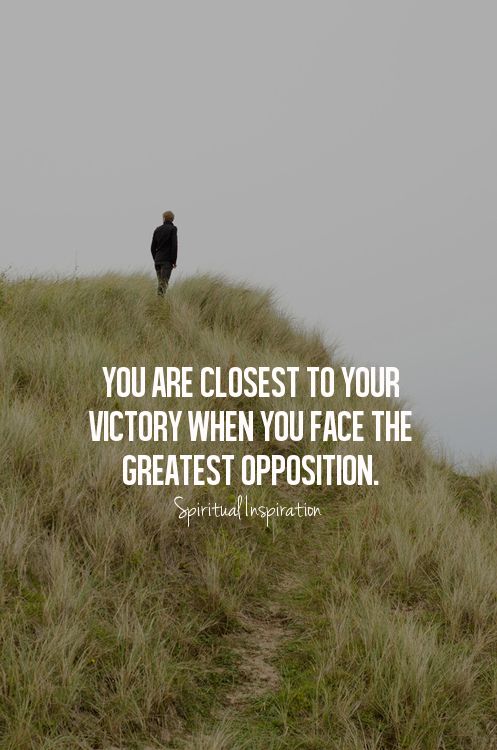 Do not discuss the child in front of teachers and do not cross-examine. Otherwise, you will be forced to take sides, and this will still not lead to a resolution of the conflict. If you choose a teacher - you can lose your child, if you choose a child - you will be considered a bad parent, and this will just complicate the situation of the child in school.
Do not discuss the child in front of teachers and do not cross-examine. Otherwise, you will be forced to take sides, and this will still not lead to a resolution of the conflict. If you choose a teacher - you can lose your child, if you choose a child - you will be considered a bad parent, and this will just complicate the situation of the child in school.
After listening to the teacher's complaints in private, ask for advice - he may know other aspects of your child that are inaccessible to your attention, which means he can help. nine0054
Rule 6. Do not violate the child's right to privacy - do not go into his profile on social networks, do not read his correspondence. Yes, there is a lot that will not please you, but the child has the right to try different roles, and if you trust him and help him, he will be able to choose something for which you will not be ashamed.
Regulation 7 . The question of punishment measures should be taken in a calm state, and the punishment should correspond to the perfect deed, even if you are very hurt and offended. The punishment should not be endless (for example, until you ... apologize, correct yourself), but should be limited in time (for example, do not turn on the computer for two days). Punishment should not humiliate the child. nine0054
The question of punishment measures should be taken in a calm state, and the punishment should correspond to the perfect deed, even if you are very hurt and offended. The punishment should not be endless (for example, until you ... apologize, correct yourself), but should be limited in time (for example, do not turn on the computer for two days). Punishment should not humiliate the child. nine0054
Do not be offended by the child and do not manipulate this feeling. Yes, you are very sorry and ashamed that this happened. But manipulating resentment and ignoring does not give rise to trust, which means that with each resentment you will move away.
If, after punishment, the child does not stop doing the same actions, then perhaps you have chosen the punishment incorrectly, and you do not punish, but reinforce the wrong actions with punishment.
Rule 8. You may need to hear the truth about yourself, and perhaps about your friends and relatives.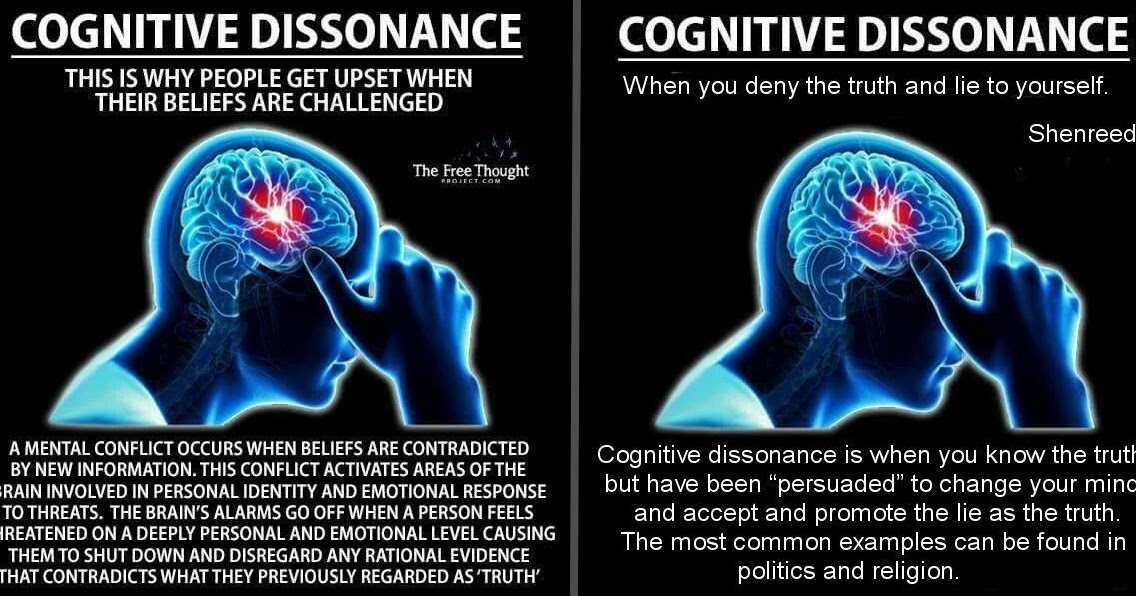 Be willing to accept this truth without making excuses, without blaming, without getting personal. Did you want the truth? Here is a test of truth for you. Withstood? Yes, it's difficult...
Be willing to accept this truth without making excuses, without blaming, without getting personal. Did you want the truth? Here is a test of truth for you. Withstood? Yes, it's difficult...
Rule 9. Do not deceive the child. Do not say that children who do not eat porridge do not grow up, and those who do not study well will definitely become a janitor. A large number of prohibitions is not a panacea for lies, but a clear obstacle to the development of a thinking personality capable of choice. nine0054
Don't promise what you can't deliver. If you constantly scare the child with the police, and never call her, you are a deceiver and a liar, and your words will soon turn into empty chatter.
Related video
Rule 10. Don't look for lies everywhere. As a rule, the truth is only a part of what can be seen. It is better to teach a child to correct his mistakes, to be responsible for them, to be able to cope with difficulties and gain trust through trust in himself.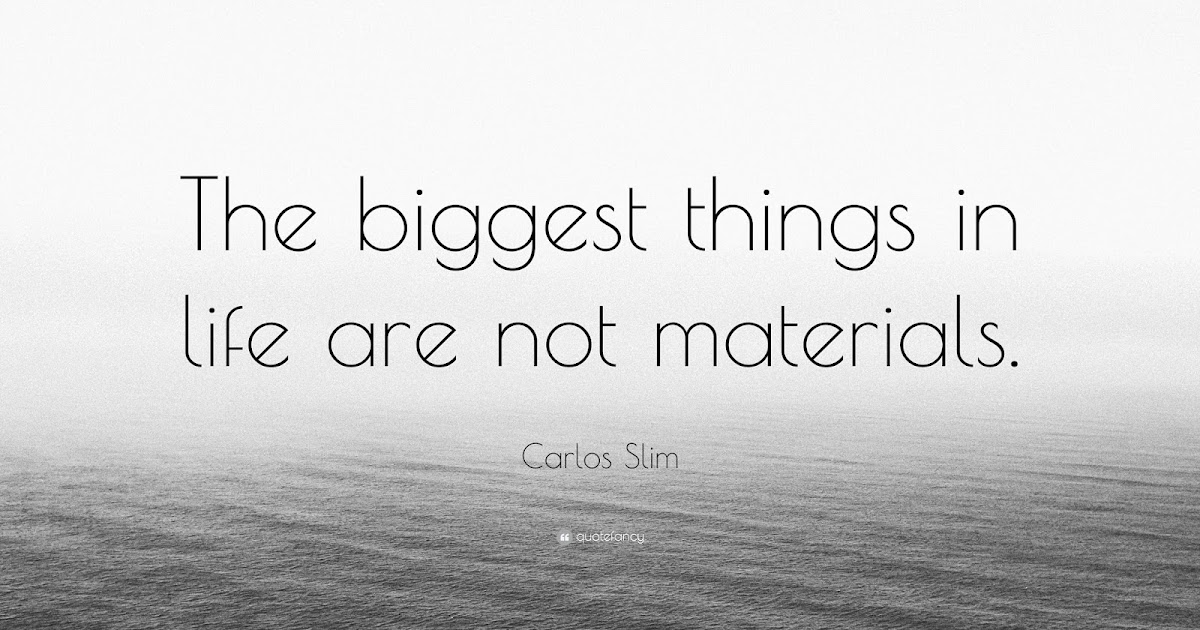 nine0054
nine0054
Often a lie is a way to protect one's inner world, often a provocation and a way to draw attention to oneself, sometimes a way to protect or increase self-esteem. Whatever the lies of your loved ones, you can change this state of affairs if you learn to analyze not only the behavior of a liar, but also your words and actions.
Why do we lie and why do we lie? The doctor-psychotherapist tells
The most interesting information from the article about lies on portal
Onliner.by— What is a lie? Why do people lie so often?
— A lie is a distortion of the truth . The word comes from the Greek for "curve" and "truth" from the Greek for "straight." I think we can say: the meaning of a lie is to avoid clashes and conflicts, conditionally - to go aside. nine0005
From the point of view of psychology, lies are different, each lie has its own goals.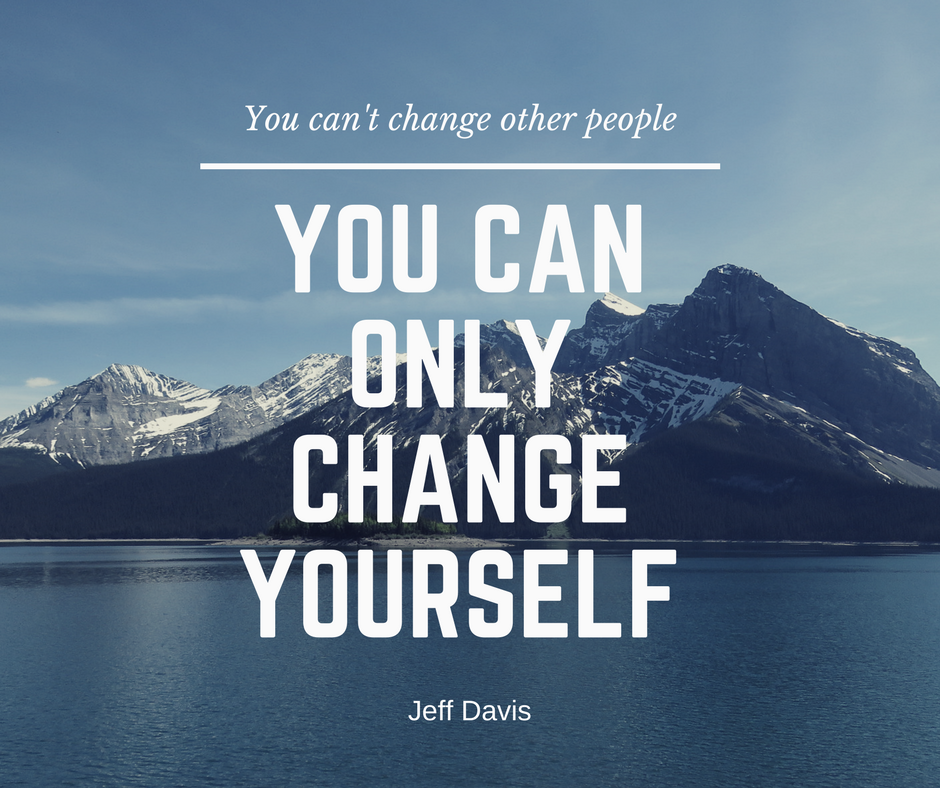 I will rely on psychoanalytic theory, because here the lie is considered as a phenomenon of the attitude of the individual to his ideas about the people around him. According to one of the classifications, there are three main reasons for lying, all of which have roots in our childhood and run through our whole life.
I will rely on psychoanalytic theory, because here the lie is considered as a phenomenon of the attitude of the individual to his ideas about the people around him. According to one of the classifications, there are three main reasons for lying, all of which have roots in our childhood and run through our whole life.
The first reason is that we lie when we are afraid of being unpleasant, we think that we are not worthy of love, attention or respect, and we try to look more attractive from our point of view, distorting the truth. This type of lie is expressed in the fact that people in everyday life exaggerate or embellish something, hiding the truth about themselves. I think this has happened to all of us. nine0005
In the worst case, for example, when the child was not accepted in the family, could not be open and truthful, he has to create a shell of "false self". The term was introduced by pediatric psychoanalyst Donald Winnicott, who noticed that some children, trying to maintain relationships with an unfriendly or indifferent environment, begin to adapt, forming an image that is convenient for others, in which they themselves believe.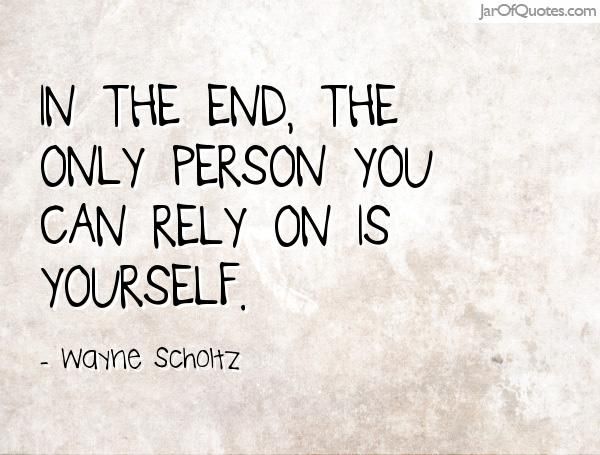 This can affect their entire future life: as a rule, such people then come to therapy with a feeling of emptiness, they say that they do not feel real. A person suddenly discovers for himself that the appearance or qualities that he possesses are liked by others, but he himself does not give any pleasure. nine0005
This can affect their entire future life: as a rule, such people then come to therapy with a feeling of emptiness, they say that they do not feel real. A person suddenly discovers for himself that the appearance or qualities that he possesses are liked by others, but he himself does not give any pleasure. nine0005
The second reason for lying is an attempt to hide something that could be dangerous for us. In the pathological version, if we return to the parent-child relationship, such a lie appears when the parents begin to attack the child, not accept him, take away what he likes. As a rule, this type of lie is formed in a relationship with a persecuting, totalitarian, controlling person. In nature, we would call it mimicry, an attempt to blend into the background. Keeping information secret is still lying, because such circumstances distort the image of us in the eyes of others. nine0005
The third type of lie is very dangerous. It occurs when a child is faced with hard things, reality, for example, he learns that his parents are not so rich or that he does not have the ability to play sports or study. If these revelations are traumatic, but also fueled by the environment, used as an excuse for humiliation, the child experiences shame. As a result of the key factor - humiliation, there is a sadistic lie.
If these revelations are traumatic, but also fueled by the environment, used as an excuse for humiliation, the child experiences shame. As a result of the key factor - humiliation, there is a sadistic lie.
- What is the difference between a lie and the truth from the point of view of psychoanalysis? nine0005
- In fact, everything is very simple: the truth does not belong to anyone . I'll try to decipher. Scientists are trying to understand how the world works, they are looking for the truth. This requires a lot of effort, the ability to see the world through the eyes of others, testing theories for validity. Or looking for the truth about yourself means questioning yourself, reflecting on who you are, testing yourself in relationships with others, receiving feedback. All this is a search with a result that is very difficult to predict in advance. This is a meeting with a stranger, which always causes anxiety, and also requires considerable internal resources to search.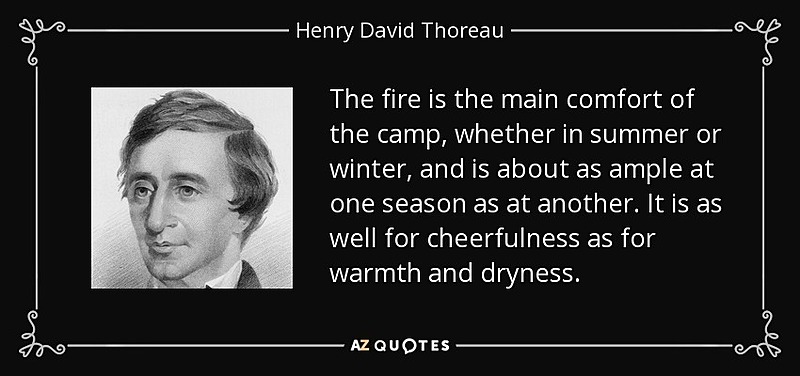 Curiosity, which is characteristic of all people to a greater or lesser extent, helps this process. nine0005
Curiosity, which is characteristic of all people to a greater or lesser extent, helps this process. nine0005
Lies are always creation. It returns to the person the illusion of control that is comfortable for him. In this case, a paradox arises: a lie never gives support - neither to the one who lies, nor to the one who is deceived, because they do not know exactly what is really happening.
Is it useful to lie sometimes?
- Is it possible to say that the social norm "it is important to tell the truth" is supported by something? Maybe it's just an arrangement that is completely optional? Or is there something more important than a social norm? nine0005
- Here I would talk about unconscious contracts - rules that we take for granted, accepted at an unconscious level. Still, when it is possible, it is better to tell the truth , if only because it allows you not to distort reality, to leave relationships between spouses, friends, and colleagues transparent and based on a solid foundation.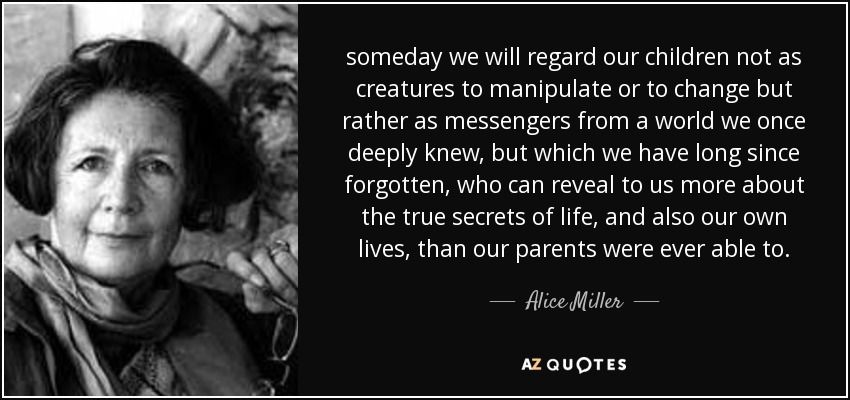 Of course, the ideal state is one where people understand very clearly what is happening in the country and trust its leadership. Definitely the truth allows you to build healthier and more fruitful relationships. nine0005
Of course, the ideal state is one where people understand very clearly what is happening in the country and trust its leadership. Definitely the truth allows you to build healthier and more fruitful relationships. nine0005
Another lie is very closely related to a sense of justice, because even two people can have completely different ideas about what is fair and what is not. Balancing within their scale of values, someone with a low income may consider that they are not doing anything wrong by deceiving another very rich person or, for example, the state. For some, this may even be an act of restoring justice.
But in fact, the world is not black and white, our opportunities are not equal. Someone can earn more, someone is more talented or more successful. It is very difficult for many to live with the awareness of this fact, which, perhaps, should be called the truth. Once again, the truth is not that if you do not have money or a certain talent, you are worse off. The truth is that we are different.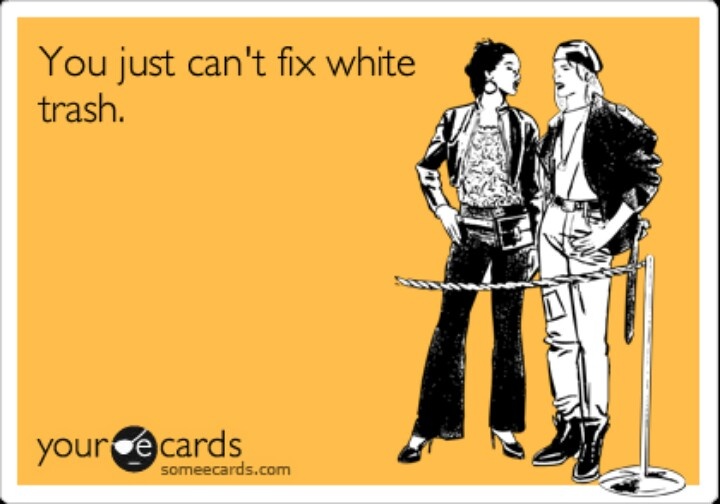 This is difficult, so some decide to go along the curve, step aside, or hold on to their own version, defending subjective justice. nine0005
This is difficult, so some decide to go along the curve, step aside, or hold on to their own version, defending subjective justice. nine0005
Lying kills trust , this is a global problem. I would really like to know for sure that the taxi driver taking me does not want to sleep right now, the doctor I'm going to see took care of his qualifications, the state to which I pay taxes will spend them on maintaining well-being - mine and the people, really those in need.
Some are ready to accept it at a certain moment: not earlier and not later. Forming an idea of the world, we often lie to ourselves and others, because it is painful, embarrassing, scary, sometimes unbearable to learn some truth. nine0005
In sadistic lying, one person believes that he is a puppeteer, and the rest in his world are puppets to play with. It turns out that the puppeteer humiliates others with his lies. And when we discover the truth, we have two ways to react: you can protest, telling the liar that you are not ready to put up with humiliation, and defend your point of view through discussion, with the help of facts, actions.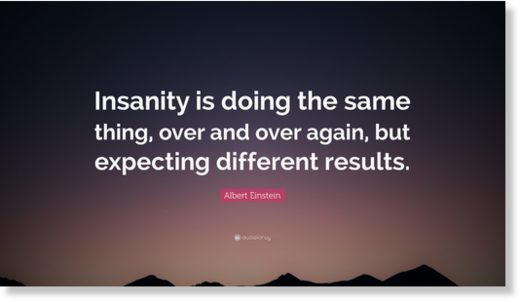 The second way is to agree with the lie, but then you remain humiliated, silent - and this humiliation will not go anywhere. As if not noticing what you were drawn into, you continue to live with this sensation that distorts your reality. It is often said that the truth is associated with fear, but this is more likely not a fear of knowing the truth, but fear of being humiliated e because of being deceived or used.
The second way is to agree with the lie, but then you remain humiliated, silent - and this humiliation will not go anywhere. As if not noticing what you were drawn into, you continue to live with this sensation that distorts your reality. It is often said that the truth is associated with fear, but this is more likely not a fear of knowing the truth, but fear of being humiliated e because of being deceived or used.
Why don't people like truth-tellers?
— What qualities should a person who constantly tells the truth have? Is it good for society? Pravdorubov are often compared almost with the blessed ...
— Let's remember: lie protects from fear and shame . Imagine that someone in a sharp form begins to expose unpleasant moments in front of you. You are not ready for this, you, in fact, do not want to know the truth. There is always an unconscious contract in a couple: each of the spouses “doesn’t notice” something in a partner, the same contracts exist in relations with the leadership or in the interaction of a citizen and the state. It is important to understand here that all these painful questions are not buried - sooner or later they will come up, they will have to be faced, because, as we said earlier, truth, unlike lies, exists on its own, regardless of our desire. nine0005
It is important to understand here that all these painful questions are not buried - sooner or later they will come up, they will have to be faced, because, as we said earlier, truth, unlike lies, exists on its own, regardless of our desire. nine0005
A colleague told me about a case from practice. He showed the dependent person tests showing that he had cirrhosis of the liver. Do you know what the reaction was? The patient thought for a moment and said: "Hmm... I can deceive my wife, but I can't deceive my liver." And if a patient told me this at a psychotherapy session, I would show him that there are two parts of his personality. The first, like his wife, does not want to know the truth, is ready to be blind and deceived, not to think about the consequences. The second understands the truth and is afraid of it. And then we would talk about this conflict. nine0005
As for the truth-lovers, I have not met in my life positive examples of people who would be called that. I suppose, because such a characteristic applies more to those who not only know the truth, but also want to use it as a weapon of attack, consoling their pride.
But after all, there are people who, methodically defending the truth, set themselves the goal not to effectively humiliate, but to restore the balance . Their behavior is distinguished by a desire to hear opponents, to test their truth for a fortress. The influence of such people may not be so striking at first, but it is obvious that the expression of such an honest position has a beneficial effect on everyone. nine0005
— Often lies are justified as “lie for good” . Is this even possible?
— A very subtle question. In any case, it is important to ask oneself here why a person who lies for the good left himself the right to decide whether to tell the truth to his opponent or not.
- In Soviet medicine, there was a widespread practice not to inform terminally ill people about the tragic consequences that the disease would lead to: it was assumed that the patient might not be able to cope with the truth, it would only harm him .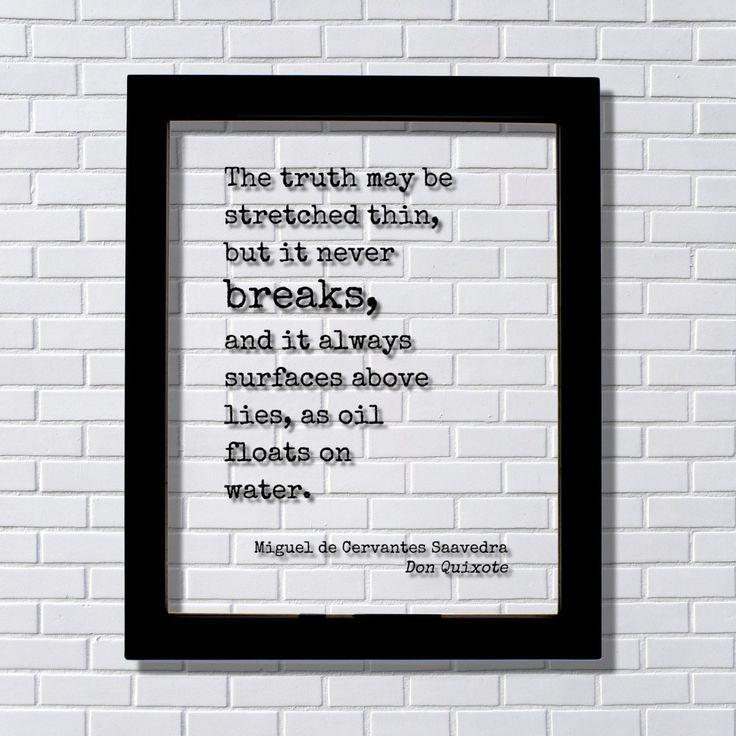 .. nine0005
.. nine0005
“Doctors still do not like to talk in detail about difficult diagnoses, to discuss them. For some time, Belarusian medicine tried to introduce informed consent, but this did not take root in all areas. As a rule, the doctor simply does not have time to feel the patient's problems, digest them and respond sincerely, with sympathy. This is a bad example of lying for good.
In general, I think this way: many say they lie so as not to injure a loved one or not to aggravate the situation. We have no right to such a lie, since it concerns another person, deprives him of the most valuable thing - the ability to control his own life. By lying, by not saying anything, we reserve control over his life. Such control is, in fact, sadistic lies .
In the Soviet system of education, orphans were not told who their parents were, believing that in this way they were protected from stress. This practice has been extended to many other countries as well. The French psychoanalyst Françoise Doltot turned the tide by greatly influencing the institution of foster parents and orphanages in France. She believed that a child is able to survive any truth and it is not the truth that injures him, but just the same secret - a lie. The trauma lies in the fact that at some point a child who does not know the truth breaks down the picture of the world. Therefore, orphanages in France were the keepers of information about the natural parents of adopted children. The child, at any time when he felt that he was ready, had the right to come and find out who his real father and mother were. nine0005
The French psychoanalyst Françoise Doltot turned the tide by greatly influencing the institution of foster parents and orphanages in France. She believed that a child is able to survive any truth and it is not the truth that injures him, but just the same secret - a lie. The trauma lies in the fact that at some point a child who does not know the truth breaks down the picture of the world. Therefore, orphanages in France were the keepers of information about the natural parents of adopted children. The child, at any time when he felt that he was ready, had the right to come and find out who his real father and mother were. nine0005
Danger of self-deception
- A person, often repeating a lie, at some point begins to believe in it himself. How can this be explained?
- This is a completely understandable situation: in most cases, a person simply does not want to know the truth. I have repeatedly observed how people who come to me for help readily believe in obvious lies from partners, forbidding themselves to see the real, but very uncomfortable state of affairs.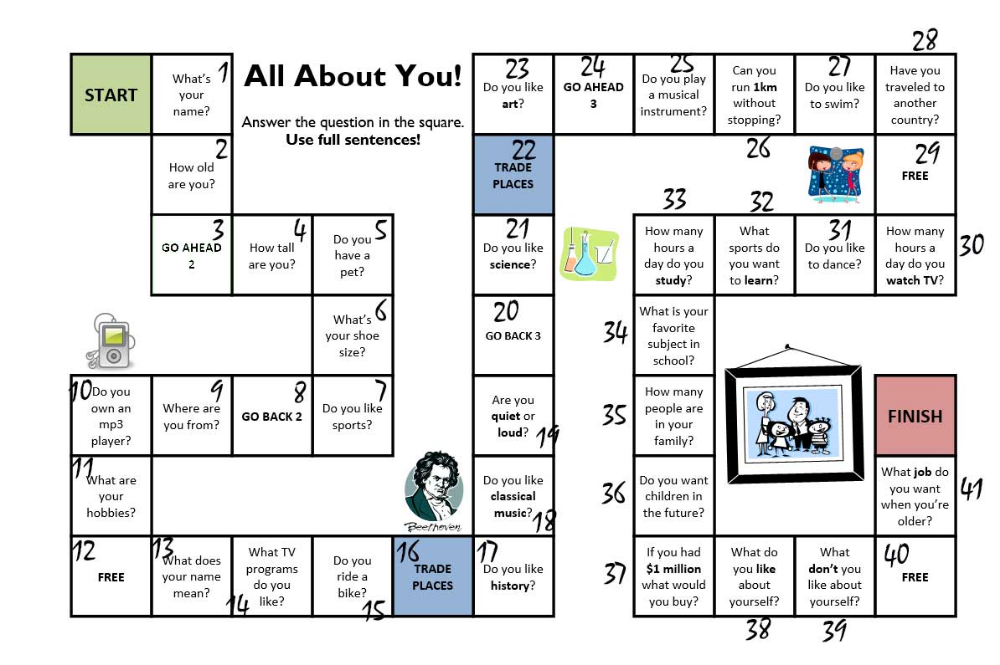 Simply put, they preferred to love not a person, but their idealistic idea of him. They felt that, having learned the truth, they would not be able to control it, it would make them look differently at themselves and those who were nearby. Self-deception created illusion control i .
Simply put, they preferred to love not a person, but their idealistic idea of him. They felt that, having learned the truth, they would not be able to control it, it would make them look differently at themselves and those who were nearby. Self-deception created illusion control i .
Another version of self-deception is that a person cannot see in himself the cause of his misfortunes. In this case, the one who deceives himself believes that there are enemies all around, interfering with his prosperity. This lie protects us from the truth that there is a side of us that we really dislike, that we can be ashamed of. This lie is based on projection - I see things in others that I don't want to know about myself. nine0005
- Crisis periods in the life of many states, as a rule, divide society into several warring parties, each of which firmly believes that it is the bearer of the truth, while opponents are either fools or liars. How can this phenomenon of such “many-faced truth” be explained?
“In the event of major upheavals, society finds itself in a situation of splitting and regression. Roughly speaking, it rolls back to the early stages of thinking, in fact, to the period when the world in the view of mankind looked like a fairy tale, where good and evil were clearly divided. Let me try to explain: speaking about our everyday life, many of us will probably say “everything is complicated here”. We notice halftones, we understand that things can have double, sometimes contradictory meanings. nine0005
Roughly speaking, it rolls back to the early stages of thinking, in fact, to the period when the world in the view of mankind looked like a fairy tale, where good and evil were clearly divided. Let me try to explain: speaking about our everyday life, many of us will probably say “everything is complicated here”. We notice halftones, we understand that things can have double, sometimes contradictory meanings. nine0005
It is noteworthy that the enemies (this has always happened, in all conflicts, all over the world) will accuse each other of what they themselves are doing. And more and more often we will hear "the fool himself, the fool himself, the fool himself ...". Splitting and primitivizing opponents, we endow them with all the negative sides of absolute evil (including our own, which we no longer have the power to notice), and we see ourselves as purely positive heroes - absolute good.
Unlike animals, humans are endowed with self-knowledge. In imagining ourselves, we tend to fall into extremes that were imposed on us by circumstances and internal defense mechanisms.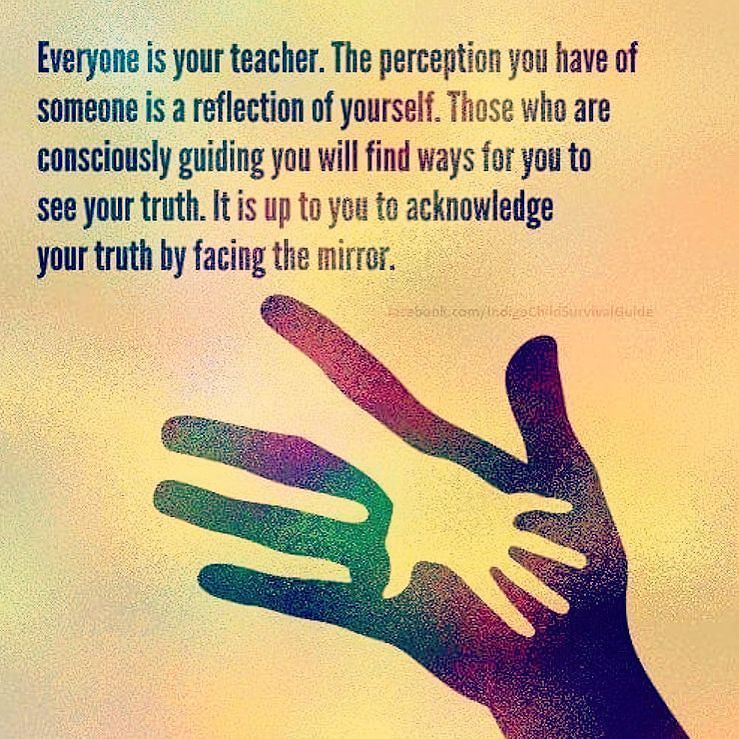 If a person says that in his childhood absolutely everything was terrible or, conversely, beautiful, this is a sure sign that he has serious problems with a distorted view of the world. After going through therapy, comprehending and accepting what was happening, he will most likely say that his childhood was different: both good and bad. It will be reconciliation with the truth. nine0005
If a person says that in his childhood absolutely everything was terrible or, conversely, beautiful, this is a sure sign that he has serious problems with a distorted view of the world. After going through therapy, comprehending and accepting what was happening, he will most likely say that his childhood was different: both good and bad. It will be reconciliation with the truth. nine0005
The same can be transferred to the level of society — it is important for it to stop dividing everything into black and white .
It is important to ask yourself questions that give truthful but uncomfortable answers. They tell me they want to protect me, why don't I feel safe? They tell me: there are enemies on the opposite side, why were these people comrades until recently? They assure me: everything is simple, why was everything so complicated before? This is hard mental work, but only as a result of it will we be able to distinguish truth from lies and make your own, meaningful decision about what to do with them.
